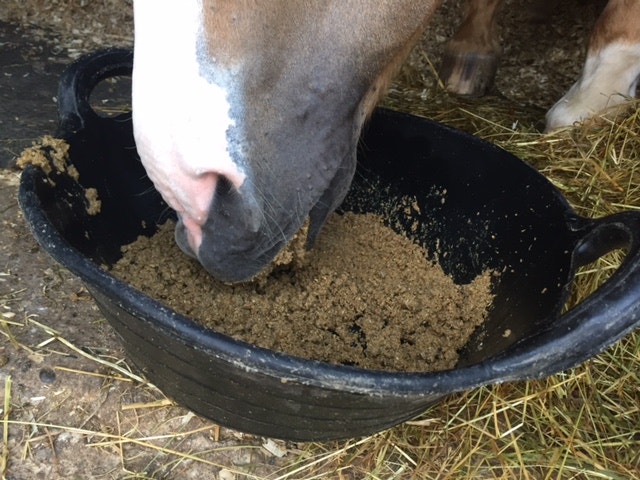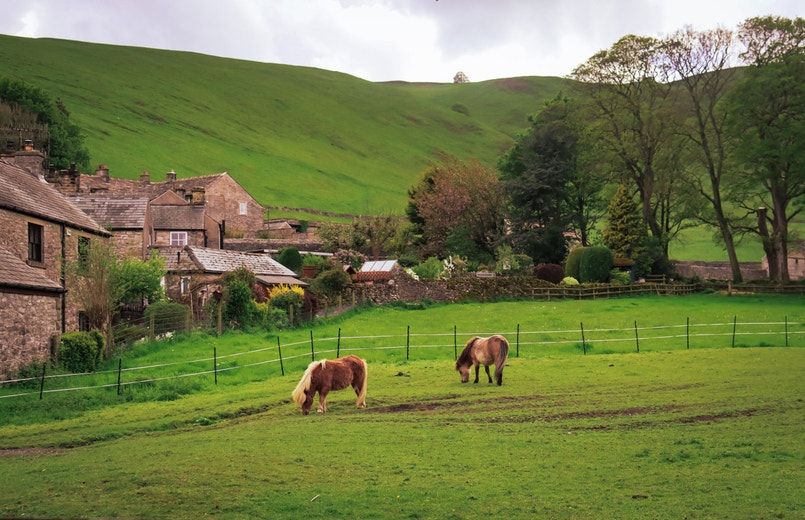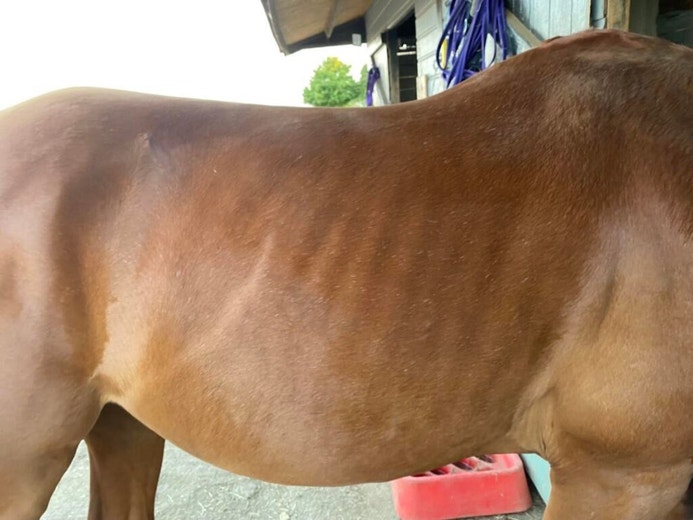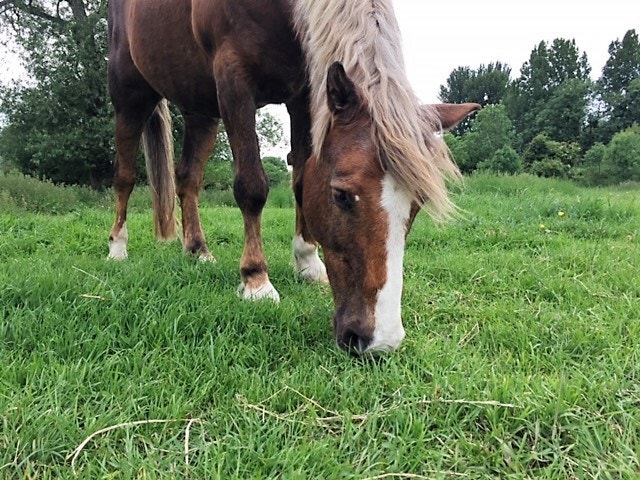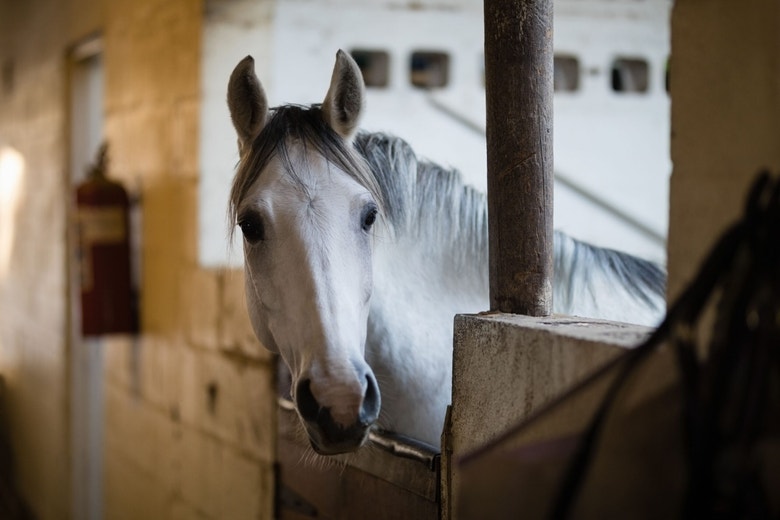Tips for tackling winter weight loss in senior horses

Winter can be a particularly challenging time for poor doers, with some senior horses needing additional care. As ageing is highly individual, there’s no one size fits all approach to tackling winter weight loss, but this blog includes some of our top feed and management tips to help get you started.
Getting started
Senior horses may lose weight for a number of reasons so it’s important to ensure underlying clinical conditions or dental issues can be ruled out. In healthy horses with good teeth, nutritional management should focus on providing as much forage as they will eat (while being mindful of excess waste) and supplying additional energy or ‘calories’ through an appropriate ‘bucket feed’. Start by checking whether you are feeding the recommended amount of your current feed as a simple increase may be all that is needed.
Those with PPID or prone to laminitis (as well other clinical conditions such as gastric ulcers, colic and most forms of tying up) need to be managed carefully on a diet low in starch and sugar so in these situations, it’s wise to contact a nutrition advisor for specific advice. That said, choosing feeds containing low or restricted amounts starch and sugar is a sensible strategy for any senior horse, as it helps to support digestive health and reduce the risk of unwanted excitability. Research has also shown that even healthy senior horses may have an exaggerated insulin response to consuming a meal high in starch and/ or sugar.
Plan ahead!
One of the best ways to manage winter weight loss is to be proactive and prevent it from happening in the first place. Allowing poor doers to enter the winter at a body condition score of 6/9 can help to buffer excess weight loss.
Troublesome teeth
Dental issues, which include lost or worn teeth, diastemas (gaps between the teeth), inflamed gums and even arthritis of the jaw may lead to weight loss as well as digestive issues such as choke, loose droppings and colic. Mashes are ideal for horses with poor teeth and those no longer able to manage hay/ haylage will need a forage replacer to make up for the shortfall in grazing. For more tips on feeding horses with dental issues, including advice on feeding a hay replacer check out this blog.
Reduced appetite
While some horses simply become fussy with age, dental issues and a number of clinical conditions can lead to poor appetite. Pain from general joint disease can affect appetite as well as overall welfare so discuss a pain management programme with your vet if you have any concerns. Arthritis in the neck or forelimbs may make grazing or lowering the head uncomfortable so it may be helpful to try offering feed, forage and water from raised buckets, mangers and troughs.
While some horses may appreciate a somewhere quiet to eat in peace, changes in routine or being separated from companions can make some seniors reluctant to tuck into their feed or forage. Getting too hot can also reduce appetite, especially in horses and ponies with PPID and may contribute to weight loss.
Fussy feeders
If underlying clinical conditions have been ruled out, adding warm water or herbs such as garlic, mint or fenugreek to your horse’s feed may help (if you’re competing, always consider the risk of prohibited substances before adding any herbs/ supplements to your horse’s feed) Alternatively, consider a suitable feed that already contains an added flavour such as SPILLERS Senior Super Mash or SPILLERS Senior Complete Care Mix.
Herd dynamics
Horses benefit in many ways by living in a herd environment but as they get older, may be pushed down the pecking order by younger horses which means they may lose out when it comes to feed, water and shelter. Choose field companions carefully, look out for signs of bullying and feed senior horses separately if needed.
Temperature control
Ensuring poor doers are appropriately rugged will help to prevent them wasting valuable energy (calories) keeping warm. That said, older horses may have difficulty regulating their body temperature and as a result, need their rugs changing more frequently, especially if the weather is changeable or unseasonably mild.
Monitor, monitor, monitor!
Ideally try to monitor your horse’s weight weekly and body condition score fortnightly. While some loss of muscle often occurs with weight loss, it’s important to remember that body condition scoring is an assessment of fat, not muscle/ topline. In general, muscle feels firm and fat feels soft but a loss of muscle mass in senior horses can sometimes be mistaken for a loss of body fat. Those with PPID may have regional fat deposits such as a large crest or fat pads on the loins despite being thin over-all – this can sometimes be mistaken for generalised obesity and lead to the diet being restricted too severely. Remember that rugs and thick winter coats can hide a multitude of sins!
For more advice on feeding your much loved senior contact the SPILLERS Care-Line.
